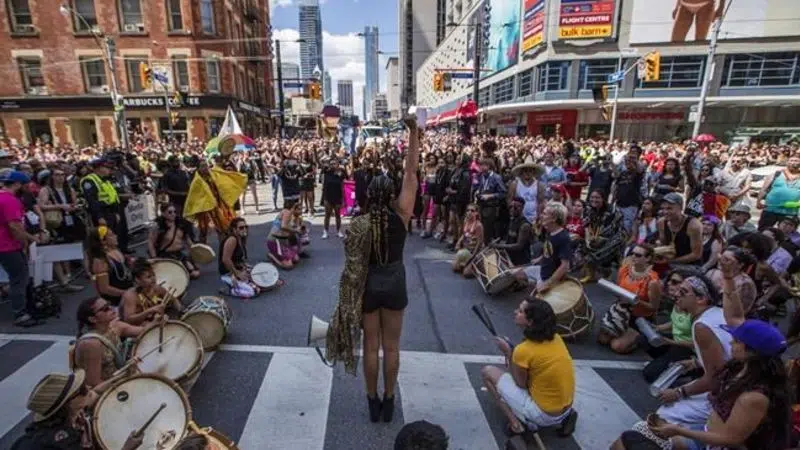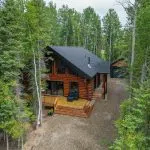
Pride Toronto members vote to keep uniformed police officers out of parade
TORONTO — Uniformed police officers have been indefinitely barred from participating in Toronto’s Pride Parade after a close vote that Pride Toronto said showed a deep division within the city’s LGBTQ community.
On Tuesday night, Pride members voted 163-161 to keep uniformed officers out of the parade. Officers can still march, but not in uniform.
“What this vote has told us is we need to better understand what this community feels about police services and how they feel it negatively impacts their lives and so that’s what we’re going to try to do,” said Olivia Nuamah, executive director of Pride Toronto.


